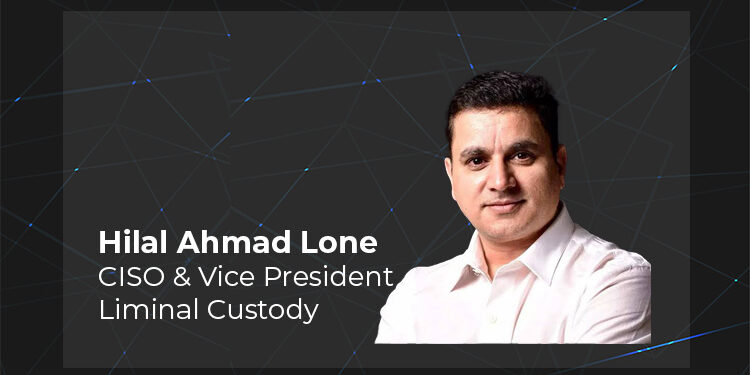As someone who’s worked across both enterprise security and digital asset infrastructure, I’ve often heard a common refrain from founders in the crypto space: “If we build for compliance, we’ll slow down innovation.” I get the concern. The last few years have seen regulation arrive at the digital asset doorstep with more questions than answers. But I’ve also seen a different side of things while working directly with teams and infrastructure — where regulation, when approached early, can actually guide product design and unlock institutional partnerships. Especially when your infrastructure is designed to prove not just what happened, but how and why.
Today, the founders building the next generation of Web3, tokenized finance, and embedded digital assets aren’t just asking “is it secure?” They’re asking: “Will this hold up under scrutiny?”
That’s where secure custody plays a bigger role than most realize. Custody isn’t just about keys and safekeeping anymore. It’s about auditability, control, and the confidence to scale responsibly.
Let me explain why.
Over the last year, I’ve sat in rooms with regulators, policy advisors, and builders alike. The thing regulators keep repeating — in India, Singapore, even Dubai — is simple: they’re not against innovation. But they’re deeply wary of systems that lack accountability. Not knowing who approved a transaction, how a wallet was accessed, or why an internal transfer happened is what spooks them. Their problem isn’t the technology, it’s what’s hidden behind it. (RBI’s 2024 stance on digital assets and VDA compliance)
And that’s where custody—specifically, secure, policy-based custody—earns its place in the conversation.
Founders often imagine compliance as forms, audits, or third-party policing. But I see compliance as something baked into the architecture. A good custody system lets you define who can do what, under which conditions, and with full visibility. That means:
- No one person can unilaterally move assets
- Every action leaves a trail
- Policies can evolve as the business or regulations evolve
While still transitioning between roles earlier in 2025, I closely followed how mid-sized FinTech’s in India were beginning to test stablecoin-based vendor payments. The technology wasn’t the barrier — most teams had the talent and tooling. What caused hesitation was the lack of clarity on how regulators or banking partners might respond if something misfired. In one example I tracked, a team designed a custody structure that required dual approvals — one from a compliance officer, the other from a finance lead — executed from separate geographies and only during business hours. That kind of risk-aware design didn’t come from fear of the regulator, but from wanting to build trust into the workflow itself.
Another founder I spoke with was building tokenized loyalty points for a retail chain. His worry: “What if a rogue team member drains our rewards pool?” The answer wasn’t just internal training. It was designing the custody logic so that no employee could act alone, and unusual behaviour would trigger a temporary freeze until a second layer of review. That’s compliance in action — but built invisibly into the flow.
The problem is that too many founders still treat custody as something to “figure out later.” But that delay can cost them. Because in a post-2024 environment, where regulators are no longer watching from a distance, your infrastructure is part of your product.
A policy-first custody model doesn’t just prevent hacks. It gives founders something often overlooked: narrative credibility. If you ever have to explain your setup to an investor, auditor, or ministry official, you don’t need to convince anyone with word, your infrastructure does the explaining.”
And here’s what I’ve learned: building this way doesn’t slow you down. It gives you the guardrails to move fast without being reckless. It protects you from becoming tomorrow’s cautionary tale.
So no, compliance doesn’t mean compromise. Not if you treat infrastructure as a strategic advantage. Not if you build in control from the start.
Because trust isn’t just a feature, it’s what gives your product a future.
- Hilal Ahmad Lone, CISO and VP at Liminal Custody
Send news announcements/press releases to:
info@b2bmarketmedia.com

























































